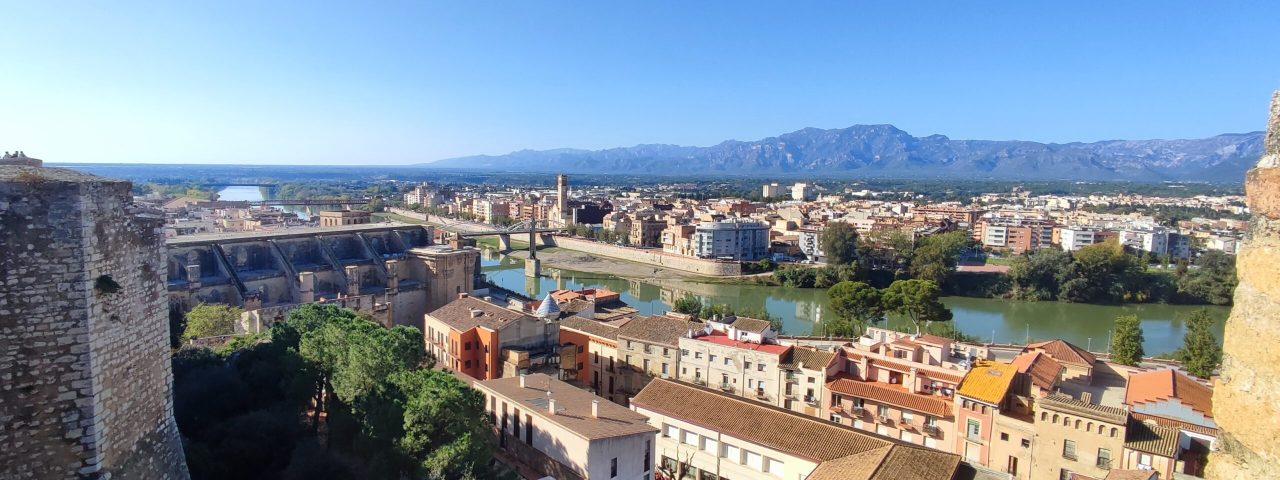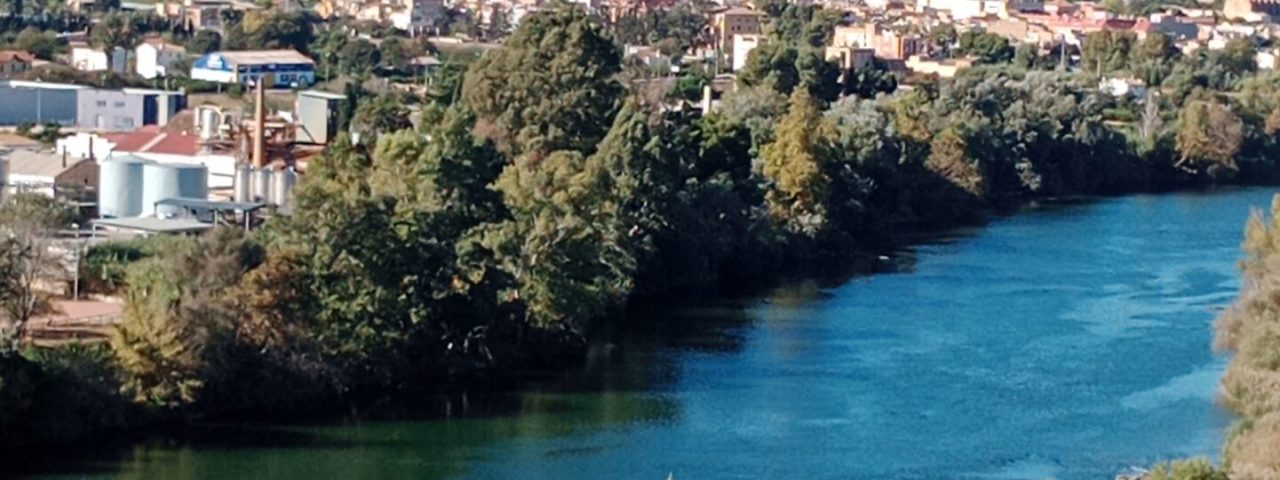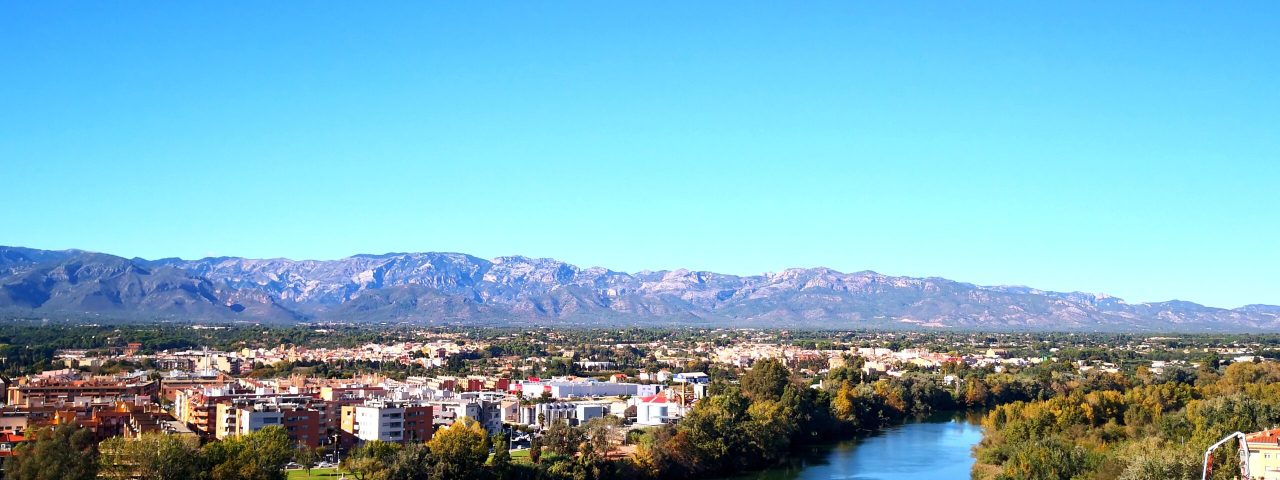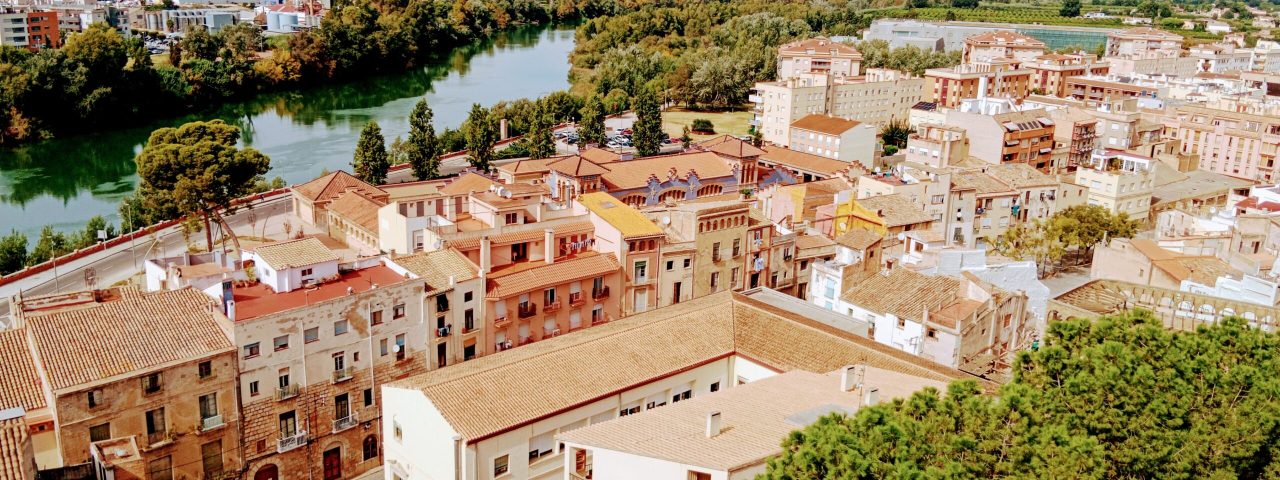Tortosa’s rich history stretches back over two millennia, with influences from the Romans, Moors, and Christians, all of whom have left their mark on the city. Initially founded as a Roman settlement, it was later conquered by the Moors, who fortified the city and established it as a significant Islamic cultural hub in medieval Spain. The imposing Suda Castle, which overlooks the city, is a testament to this period. In 1148, Christian forces led by Ramon Berenguer IV reclaimed the city during the Reconquista, marking the beginning of Tortosa’s transformation into a Christian stronghold.
Culturally, Tortosa is steeped in Catalan traditions. The city hosts several annual festivals that celebrate its diverse heritage, including the Festa del Renaixement (Renaissance Festival), which recreates life in the city during the 16th century with costumes, music, and theatrical performances. Another highlight is the Festa Major, held in honor of the city’s patron saint, Santa Cinta, with a week of parades, fireworks, and local fairs. Tortosa also honors its agricultural roots with smaller, local fairs celebrating olive oil, wine, and citrus fruits, key products of the surrounding region.
The city’s vibrant cultural scene is reflected in its arts and music, with numerous local exhibitions, theater performances, and musical concerts held throughout the year. Tortosa’s historical landmarks, festivals, and cultural events make it a lively destination for those interested in Spain’s diverse history and traditions.



